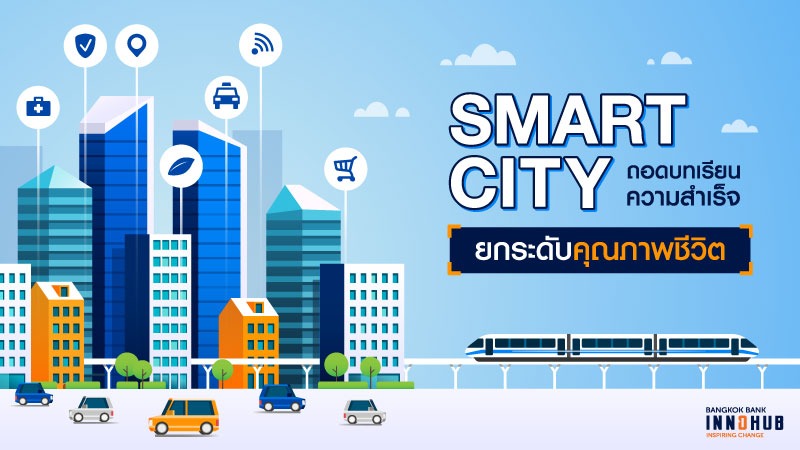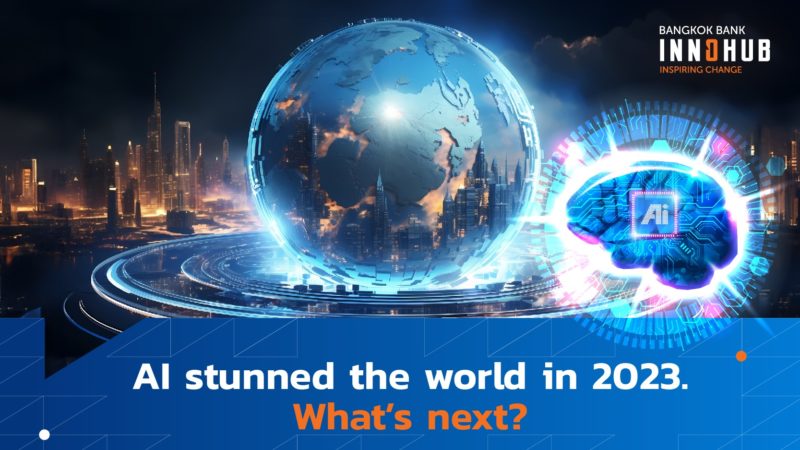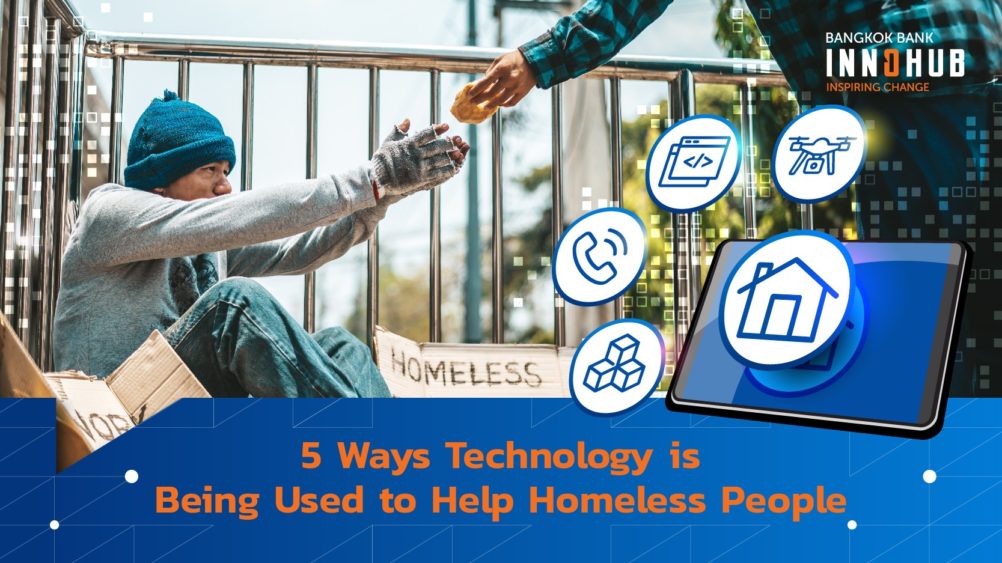“Smart City” – A Lesson of Successful Life Quality Improvement
“What would your ideal city be like?” There might be many answers to this question. However, one of the most important aspects of a high quality urban environment is well-planned city management that provides public utilities and facilities that are accessible to all. This is the genesis of a “smart city”..
A smart city is one that is structured to be in harmony with life in this digital age and provides amenities for people from all walks of life with services such as public transport, internet connectivity, education, and environmental conservation. It is also efficient in the use of resources which will lead to better long-term development.
“Weifang” – A Model of Success
Given China’s technological achievements it is a logical place to look for smart cities. And thanks to the shared enthusiasm of the government and private sectors, “Weifang” has been developed as a model smart city in Shandong. The plan was first developed in 2014 when it became the first Chinese city to use e-ID or an electronic identification card via Weifang V, an application that aggregates information about services such as education, transportation, and governmental departments. They later developed Cloud Pay, an online banking service, and Smart City Pass that stores important data like a citizen’s ID number, driving license, health insurance card, and transportation purse card in one place, so people have no need to carry a lot of cards or cash and they can easily pay bills using only one application.
“China” is moving forwards to the future
The successful example of Weifang has inspired JD.com, a Chinese e-Commerce service provider to launch JD iCity, a brand that uses AI and Big Data to help the Chinese government develop their cities. They aim to solve fundamental infrastructural problems in public transport, the environment, and energy. The service is expanding into more than 30 Chinese cities such as Tianjin, Nanjin, Fuzhou, and Chengdu. In these cities there are intelligent shops that support online payments, IoT, Intelligent Logistics, etc. to respond to people’s needs and improve their quality of life.
“Phuket Smart City” – A first step towards a smart city
Phuket Smart City is a result of the Special Areas for the Digital Economy Promotion Project which has been conducted by the Ministry of Digital Economy and Society and aligns with the digital economy concept under Thailand 4.0. Phuket is a major tourist city so it has adequate resources and, with a population of just under one million, it has development flexibility. With several million tourists visiting Phuket every year the smart city project will provide convenience and safety to both local citizens and tourists. Free Wi-Fi internet will be installed in public areas, and this will support Smart Sensor, a system integrated with IoT to check both land and sea weather. When an abnormality is detected, the system will send the data to the monitoring center so the situation can be assessed. It also provides real-time traffic reports and integrates CCTV with facial detection technology to find and track criminal suspects.
One thing the smart city projects worldwide teach us is that the key to success is understanding the problems and needs of local people. A smart city cannot come to life without cooperation from the people who live there. However, an even more challenging quest will be developing it for the long term so it can nurture the next generation.
Read more >> IoT (Internet of Things) is around the corner : What are its benefits?




